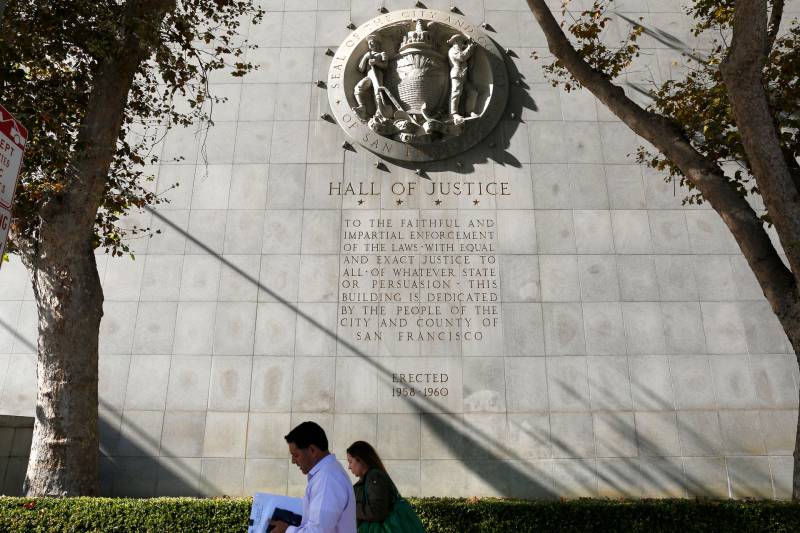Although people incarcerated in San Francisco jails are provided basic hygiene supplies, they can also use funds sent by family members to purchase additional items from the commissary. Roughly one-third of the San Francisco jail population does not receive outside financial support to purchase goods from the jail store, according to the San Francisco Sheriff’s Department.
A $10 monthly allowance may not seem like much, but those funds can actually make a big difference, said Paul Briley, a policy fellow with Legal Services for Prisoners with Children.
“While I was incarcerated, I had nobody putting any money on my books,” he said. “From what I heard from the people, this would mean the world to them. They have no support, they’re lonely. They’d be able to buy good deodorant. I heard an individual say they would be able to buy slippers to wear in the shower.”
Paid for with funds raised by the Financial Justice Project, a city-run organization launched in 2016 to reduce the impact of fees and fines on low-income residents and communities of color, the program builds on previous efforts in San Francisco to reduce financial burdens on incarcerated people.
In July 2020, San Francisco supervisors passed the People Over Profits ordinance, barring city jails from charging inflated costs for phone calls, commissary items and other services. The legislation made phone calls in jails free and reduced the price of commissary items by an average of 43%.
And while that was an important change, Briley said, it didn’t help people who still lacked the funds to purchase things from the commissary. That disparity became particularly apparent during the pandemic, when many incarcerated people were unable to purchase important hygiene supplies, an issue that prompted advocates to push for the allowance.

